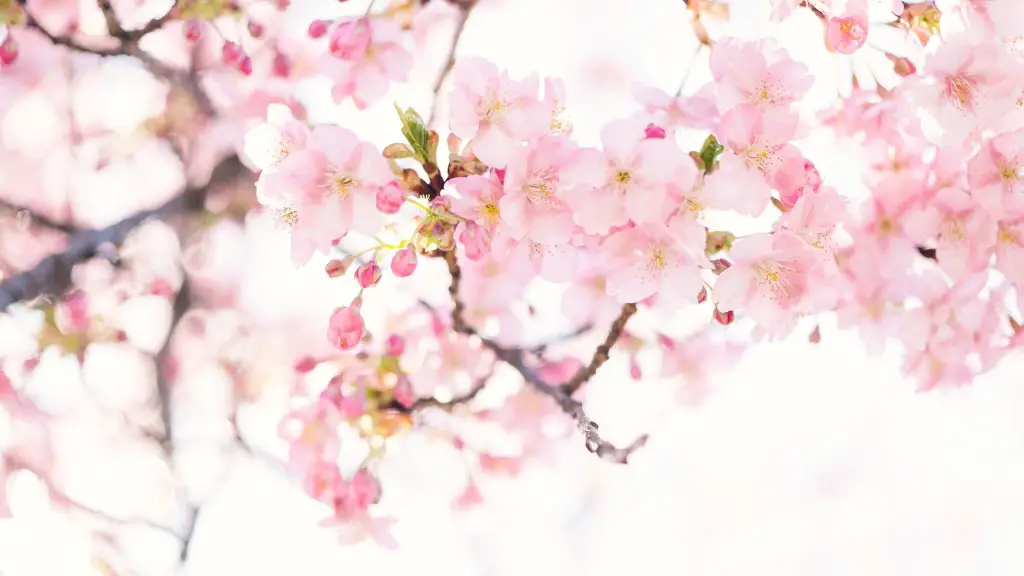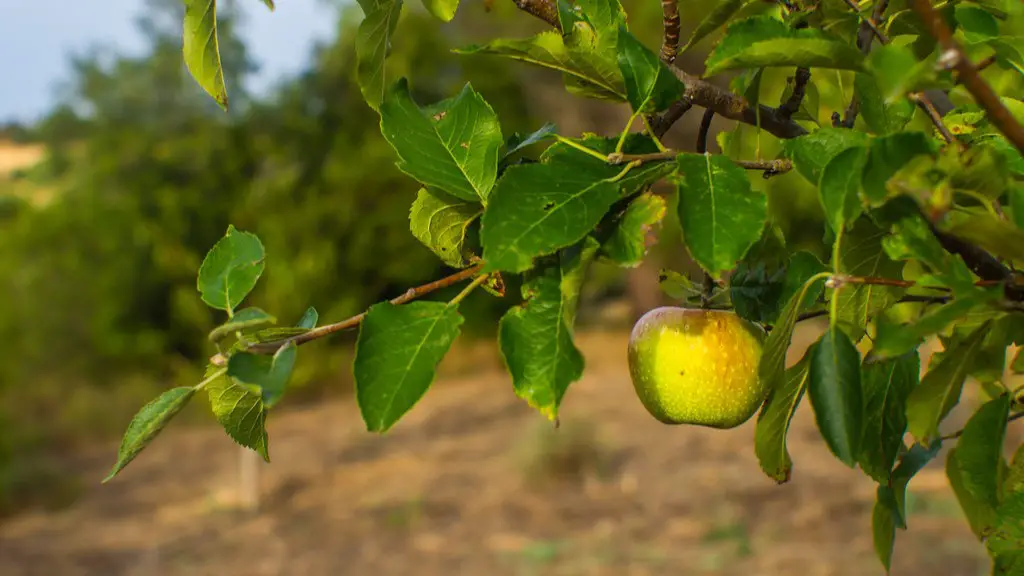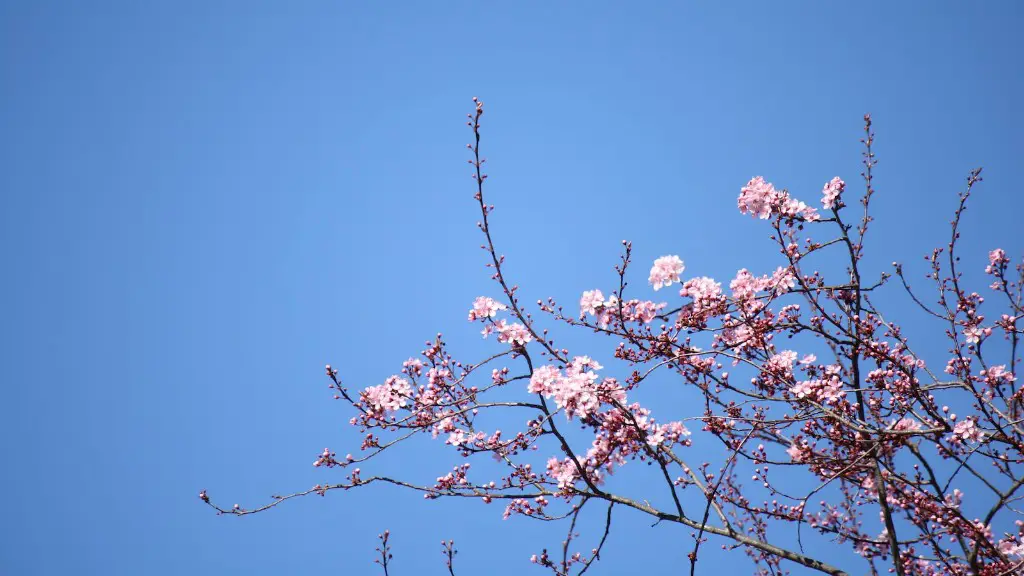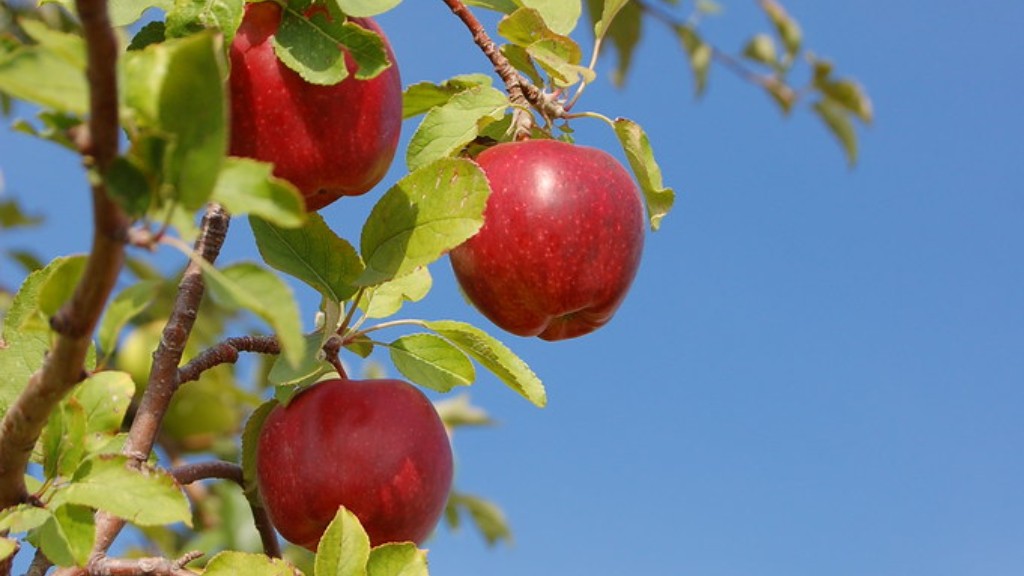A Closer Look at the George Washington and the Cherry Tree Tale
Many of us are familiar with the classic tale of the young George Washington and the cherry tree. According to legend, the young Washington, who wanted to try his hand at axe-hatchet work, took a hatchet and trying to split a cherry tree an act that was strongly disliked by his Father. When George Washington’s Father asked him if he had done the deed, young Washington replied: “I cannot tell a lie, I did cut it with my hatchet”. This moral answer has made this story immortal, adding to George Washington’s fame as one of America’s greatest presidents.
The tale of the cherry tree is often used to illustrate the qualities of the first American president, such as his honesty and integrity. As such, this tale is an important part of American folklore and culture. However, it is important to note that this story is not as straightforward as it is often presented. Indeed, the story has evolved over time and is frequently misinterpreted and misrepresented, leading us to ask the question: Did George Washington really cut down a cherry tree?
Many scholars and historians dispute the accuracy of this tale, citing a lack of primary sources to verify this particular incident. According to some historians, the story likely originated in a biography of George Washington’s life written by Mason Locke Weems, who, admittedly, had a reputation for embellishing tales to make them more inspiring. It has also been suggested that the tale may have been invented to give Washington a moral reputation before his run for presidency.
Notably, Washington’s responses to the incident in Weems’ Biography vary greatly from the original “…I can’t tell a lie…” response, casting further doubt on the story’s accuracy. For example, in one version Washington supposedly admitted that he killed the tree, but he added that “it was such a beauty and was so desirably located, that I could not resist the temptation to possess it.” In another version, Washington supposedly responded that “he marvelled that it had escaped his axe, as he had felled divers other trees for the purpose of gaining experience.”
It is important to note that this story shows much of the same functionality as other famous morality tales, such as Aesop’s Fables, which often use a fictional story to illustrate a moral point. Therefore, some scholars suggest that this tale should not be taken as a literal biographical account of Washington’s life, and instead should be interpreted as an inspirational moral lesson.
An Analysis of the Legacy of the Cherry Tree Tale
In spite of the accuracy of the story being called into question, the legend of George Washington and the cherry tree has had a significant impact on American life and culture. The story has been popularized through books, movies, and television, and remains to be the most central moral lesson of George Washington’s life.
It is also worth noting that the story of Washington and the cherry tree has been used to uphold certain standards of morality in both children and adults. For example, the tale serves to illustrate the importance of both honesty and integrity, in that Washington always tells the truth even when it involves admitting his own wrongdoing. Additionally, the story serves as a reminder of the importance of always doing the right thing, no matter how difficult it may seem.
Evaluating the Impact of the Story
It is clear that the story of George Washington and the cherry tree has had a long-lasting and meaningful impact on both American culture and values. Despite the uncertainty surrounding the literal truthfulness of the story, the tale of Washington and the cherry tree remains a powerful and inspirational moral parable. Therefore, it is likely this story will continue to endure and shape how we think of one of America’s most beloved presidents and of the important values he represents.
Highlighting the History of the Story
While the story of George Washington and the cherry tree has certainly left a mark on American life and culture, it is also important to understand more about the history behind the tale. Mason Locke Weems, who wrote the first account of this well-known story, had a strong moral agenda and aimed to create stories that would teach his audience important lessons. He also believed strongly in the divine power of God and this is reflected in much of his work. As a result of Weems’ moral agenda and belief in divine power, the tale of Washington and the cherry tree features a strong spiritual component, emphasizing the importance of divine justice.
Examining the Significance of the Story
It is clear that the story of George Washington and the cherry tree has a strong spiritual component, and this component is significant for a number of reasons. First, the story serves as an important reminder of the important qualities that are associated with moral and ethical behavior. Additionally, the story highlights the importance of divine justice, teaching us the importance of abiding by a set of moral principles even when it may be difficult to do so. Furthermore, the story serves to remind us of the importance of being honest and true even when it is difficult. Ultimately, the tale of Washington and the cherry tree serves to demonstrate the power of truth and integrity in a world that often values neither.
Exploring the Future of the Story
As we can see, the story of George Washington and the cherry tree has played a large role in both American culture and values, and this is likely to continue in the future. As the United States continues to grapple with ethical issues, this story serves to remind Americans of the importance of living according to certain moral standards. Furthermore, this story serves to remind us of the importance of being honest and truthful, no matter what the consequences may be. As a result, this story is likely to remain an important part of American life and culture for many years to come.
Consider the Relevance of the Story Today
The relevance and significance of the story of George Washington and the cherry tree is particularly pertinent today, as we find ourselves in a time of increasing political strife and division. In our current climate, stories such as this serve to remind us of the important and enduring values that are associated with truth and integrity. Additionally, this story serves to remind us of the importance of abiding by these values, even in moments of difficulty and difficulty. As a result, it is likely that the tale of Washington and the cherry tree will remain a relevant and inspiring story for many years to come.
Referencing the Role of the Tale in American Heritage
It is clear that the story of George Washington and the cherry tree has been, and continues to be, an important part of American culture and heritage. The tale serves to remind us of the important values of truth and integrity, reminding us of the importance of being honest, no matter the consequences. Additionally, this story also serves to remind us of the importance of abiding by a set of moral values and principles, even in times of difficulty and strife. In light of this, it is likely that this story will remain an important part of America’s heritage and values for many years to come.



